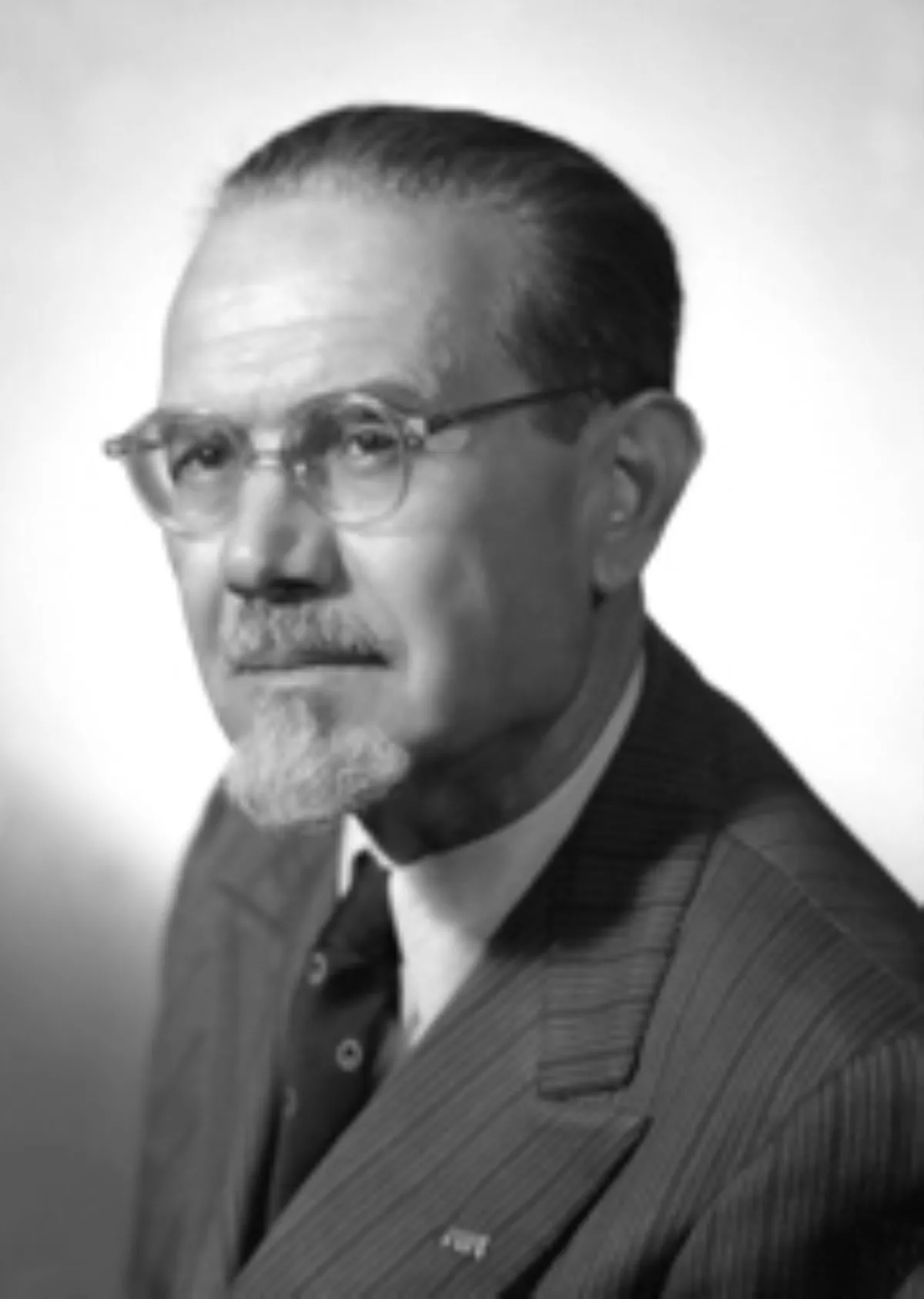 1.
1. Emilio Lussu was a Sardinian and Italian writer, anti-fascist intellectual, military officer, partisan, and politician.

 1.
1. Emilio Lussu was a Sardinian and Italian writer, anti-fascist intellectual, military officer, partisan, and politician.
Emilio Lussu is the author of the novel One Year on the High Plateau.
Emilio Lussu founded the Sardinian Action Party and co-founded the Justice and Freedom movement.
Emilio Lussu served as an officer in World War I, where he received multiple decorations, and participated in the Spanish Civil War as a political leader and in the Italian Resistance.
Emilio Lussu was born in Armungia, province of Cagliari and graduated with a degree in law in 1914.
Emilio Lussu was elected to the Italian parliament in 1921 and, in 1924 was among the Aventine secessionists who withdrew from the Italian Parliament after the murder of Giacomo Matteotti.
Emilio Lussu was physically attacked and injured by unknown aggressors several times.
In 1926, during one of these attacks, Emilio Lussu shot one of the squadristi, in self-defense.
Emilio Lussu was arrested and tried, being found non-guilty due to the right to self defense, only to be later sentenced to 5 years of confinement on the island of Lipari, within the Aeolian Islands near the northern coast of Sicily.
In 1929 Emilio Lussu escaped from his confinement and reached Paris.
Emilio Lussu tried to get the clearance for an antifascist uprising in his home island of Sardinia, which the SOE supported at some stage but did not receive approval from the Foreign Office.
Emilio Lussu returned to Italy after the armistice of 1943 when joined the Italian Resistance and became the secretary of the Sardinian Action Party for southern Italy.
Emilio Lussu became the leader of the left wing of the party and later joined forces with the Italian Socialist Party.
In 1964 Emilio Lussu separated from the PSI, creating the Italian Socialist Party of Proletarian Unity.
Morally and philosophically, Emilio Lussu's books reflect his need to repent, having been previously an interventista and a revolutionary ; his works soberly describe what war, in its cruellest moments, was like for him.
Emilio Lussu's consistency has been questioned and politics often invades evaluations of his works.